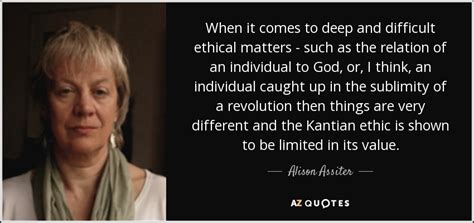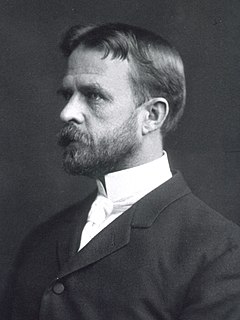A Quote by Stephen Jay Gould
The most important scientific revolutions all include, as their only common feature, the dethronement of human arrogance from one pedestal after another of previous convictions about our centrality in the cosmos.
Related Quotes
Within the period of human history we do not know of a single instance of the transformation of one species into another one. It may be claimed that the theory of descent is lacking, therefore, in the most essential feature that it needs to place the theory on a scientific basis, this must be admitted.
The great scientific achievements are research programmes which can be evaluated in terms of progressive and degenerative problemshifts; and scientific revolutions consist of one research programme superceding (overtaking in progress) another. This methodology offers a new rational reconstruction of science.
The old terms must be invented with new meaning and given new explanations. Liberty, equality, and fraternity are no longer what they were in the days of the late-lamented guillotine. This is what the politicians will not understand; and that is why I hate them. They want only their own special revolutions- external revolutions, political revolutions, etc. But that is only dabbling. What is really needed is a revolution of the human spirit.
If we could but recognize our common humanity, that we do belong together, that our destinies are bound up in one another's, that we can be free only together, that we can be human only together, then a glorious world would come into being where all of us lived harmoniously together as members of one family, the human family.
During my span of life science has become a matter of public concern and the l'art pour l'art standpoint of my youth is now obsolete. Science has become an integral and most important part of our civilization, and scientific work means contributing to its development. Science in our technical age has social, economic, and political functions, and however remote one's own work is from technical application it is a link in the chain of actions and decisions which determine the fate of the human race. I realized this aspect of science in its full impact only after Hiroshima.



































